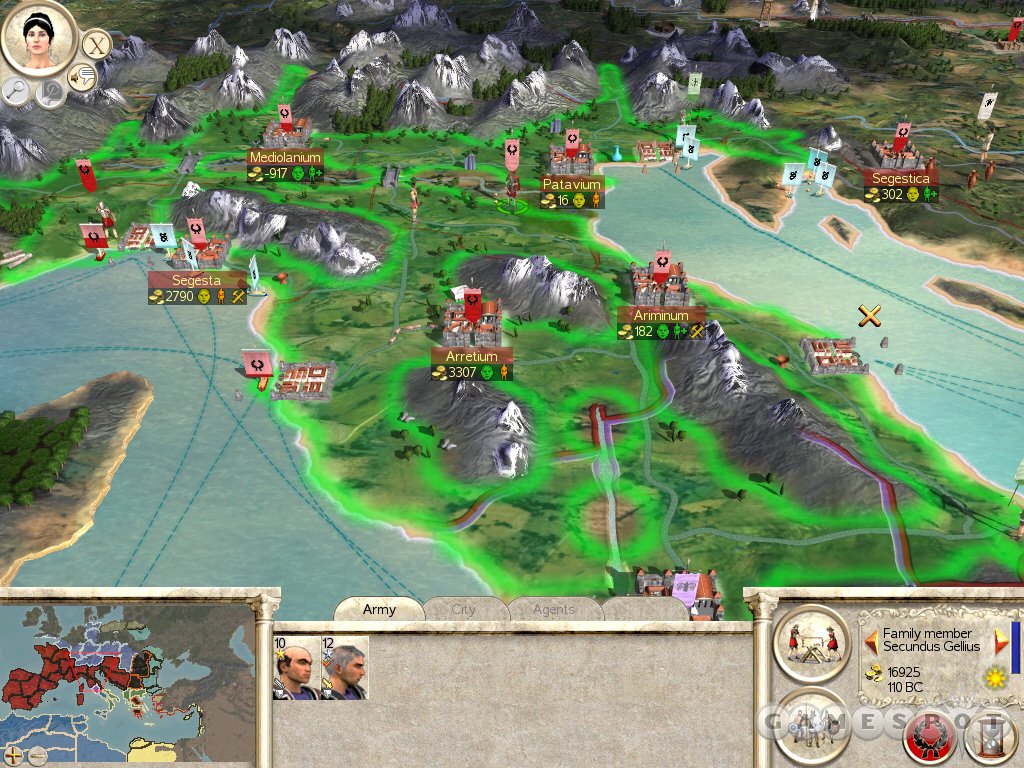

He could even order executions without a trial. If a dictator refused to step down, he could be forcibly removed. Unlike the dictators of the 20th century-such as Adolf Hitler in Germany or Augusto Pinochet in Chile-the dictatorship was limited to six months or even less if the crisis passed. The Senate could vote to grant absolute power to one man, called a dictator, for a temporary period.ĭuring the first 300 years of the Republic, dictators were often called on when Rome faced an invasion or some internal danger. The Romans, however, came up with a way to sidestep these checks and balances when strong leadership was needed, such as a time of crisis. The founders of the Roman Republic, like the American founding fathers, placed checks and balances on the power of their leaders. On the surface, the consuls seemed to hold more power than senators, but they held office for only a year while the senators served for life. Once the monarchy was gone, the Senate took on more power and ruled Rome alongside the two consuls. Later, however, at least one consul had to come from the plebeian class, the commoners.īefore the Republic, the king had been advised by a Senate. As a result, the consuls in the early years of the Republic were always patricians. It was mainly the patricians, the wealthy landowning nobles, who got to vote.


 0 kommentar(er)
0 kommentar(er)
